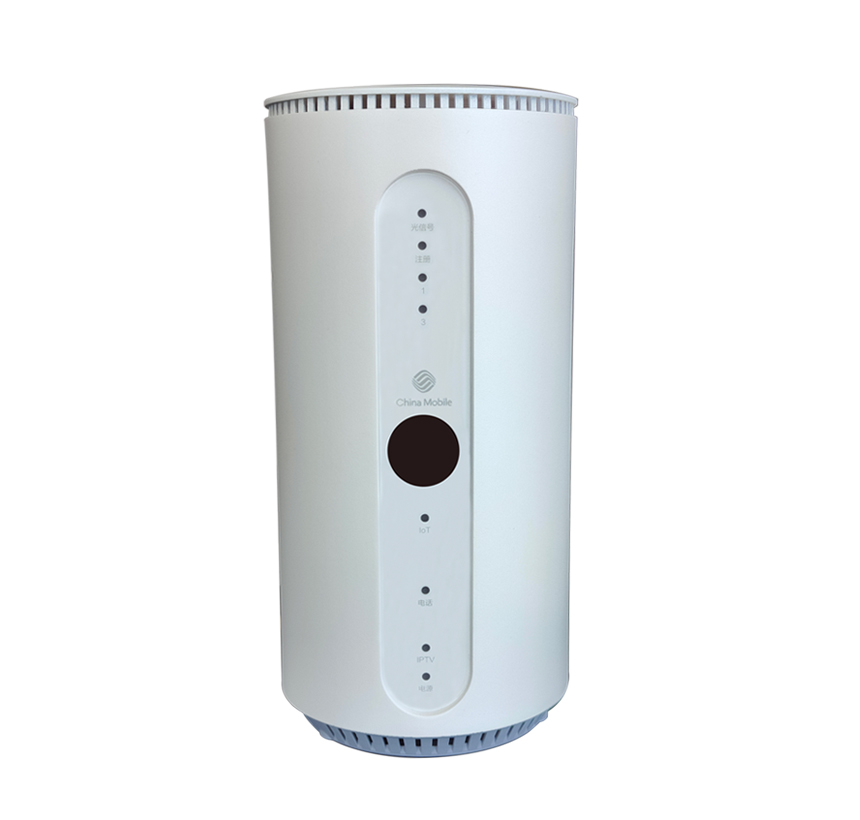Routers are familiar to everyone, but when it comes to IoT gateways, many people don't know what they are, in fact, IoT smart gateways and routers are somewhat the same, and the job of these two is to serve as a bridge to connect different types of devices and networks.
The gateway runs at the network level to achieve network interconnection, which is a more complex network interconnection device, mainly used for two high-level protocols of different types of network interconnection. Gateways can be used to connect both WANs and LANs. A gateway is a computer system or device that does the job of conversion. Gateways can be viewed as a translation tool at the network level when used in different communication protocols, data types or languages, or even between two systems with completely different architectures.
Router is a device that connects various local area networks and wide area networks in the Internet, mainly used to connect several logically separate networks, the so-called logical network is corresponding to an independent network or a subnet. When data is transferred from one subnet to another, it can be achieved through the router's routing feature. Therefore, the router has the role of distinguishing network addresses and selecting IP paths, it can create flexible connections in a multi-network interconnection environment, and can connect various subnets with completely different data packets and media access methods. Routers only accept information from origin stations or other routers, which is an interconnected device in the network. It can automatically identify and set the route according to the situation of the channel, and send the signal in the order of the best path. A router is the hub of an internetwork. Now routers have been widely used in our lives, and a variety of products of different levels have become the backbone of achieving the internal and interconnection of different networks.
The main difference between gateways and routers is the workflow. When processing data, an IoT gateway can perform real-time decisions and management without the need to connect to the cloud to control your applications. In short, IoT gateways are capable of performing complex work both offline and online, while routers must be online to connect devices to the internet.

Integrated gateway
Benefits of IoT gateways
(1) Security: IoT gateways improve the security of the IoT ecosystem by reducing the number of connection points that cyber hackers can target.
(2) Durable and reliable: Industrial IoT gateways focus on undertaking extreme environments that are more common in edge computing applications. With powerful industrial raw materials embedded in, IoT gateways are more durable and reliable when deployed in harsh physical environments.
(3) Latency reduction: Relying on IoT gateways can create higher efficiency, and IoT device networks will connect to the cloud faster and reduce latency. In addition, when processing data at the edge, IoT gateways reduce the latency that occurs when IoT devices try to connect to the cloud. IoT gateways are closer to the data source, which can greatly reduce latency.
(4) Energy saving: Using IoT gateways to process data can reduce network bandwidth consumption and the latency of IoT devices, it allows hundreds or thousands of IoT devices to work efficiently and ultimately requires lower energy. Compared to having multiple IoT devices constantly trying to connect to the cloud, just one IoT gateway is much more energy efficient.
(5) Data management: IoT gateways manage all information from IoT devices, sensors, and actuators. It aggregates, processes, and filters data from all of these devices, and then sends only the most important information to the cloud. When IoT applications are controlled and monitored from remote locations, it also connects data from the cloud.
(6) Edge computing technology: With more powerful processors available in the market, IoT gateways are equipped with high-end specifications (CPU, RAM, SSD storage, GPU, etc.) to execute complex computing algorithms such as machine learning, deep learning, and artificial intelligence at the edge. In addition, with IoT gateways, users can deploy them in remote and extreme industrial environments, such as smart agriculture, fleet telematics, in-vehicle applications, and energy monitoring for gas and oil.
(7) Lower cost: With lower power consumption and network consumption, IoT gateways not only increase the efficiency of IoT applications, but also reduce operating costs. In addition, it reduces downtime through more reliable applications, enabling more cost-effective IoT applications.